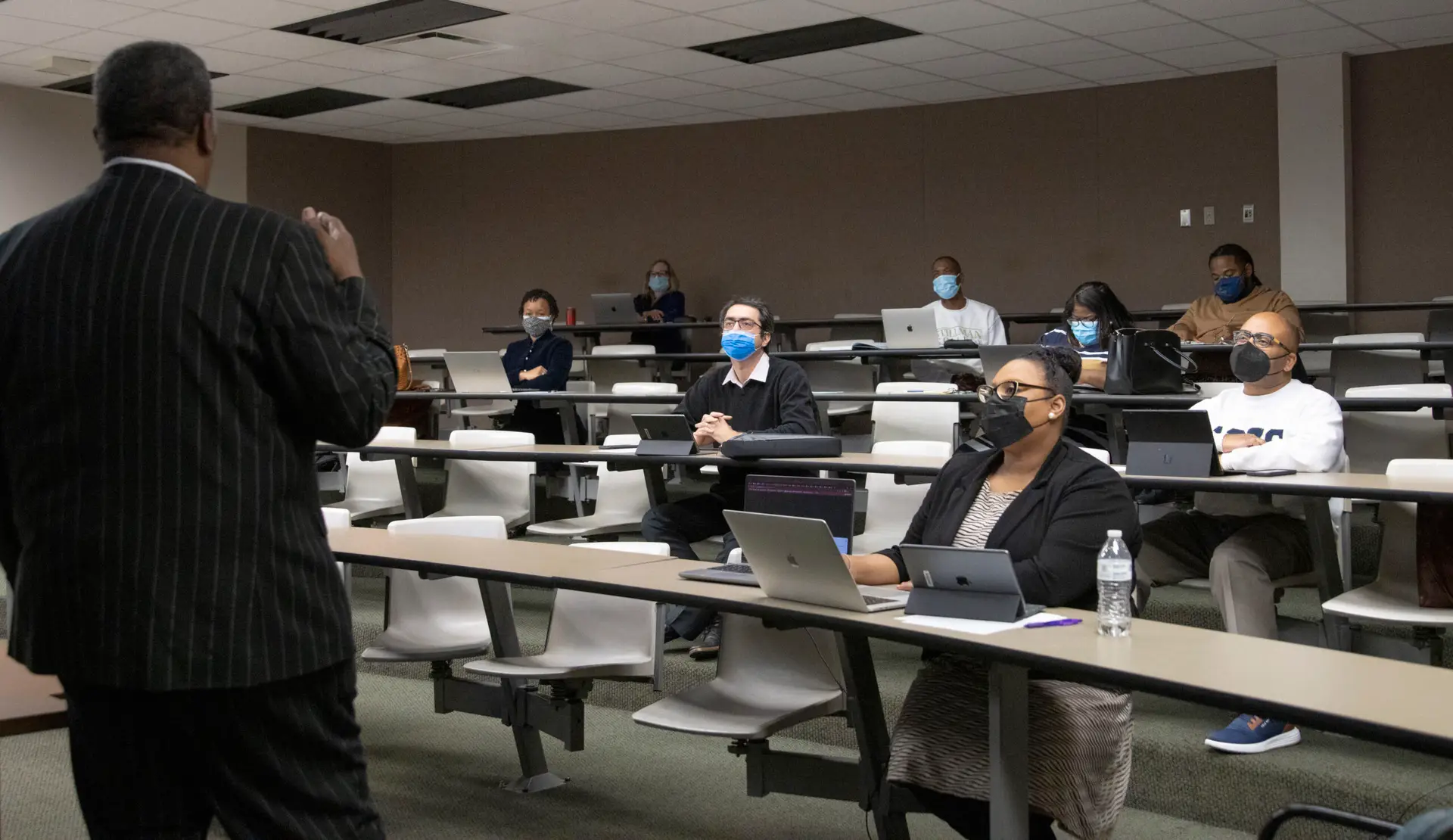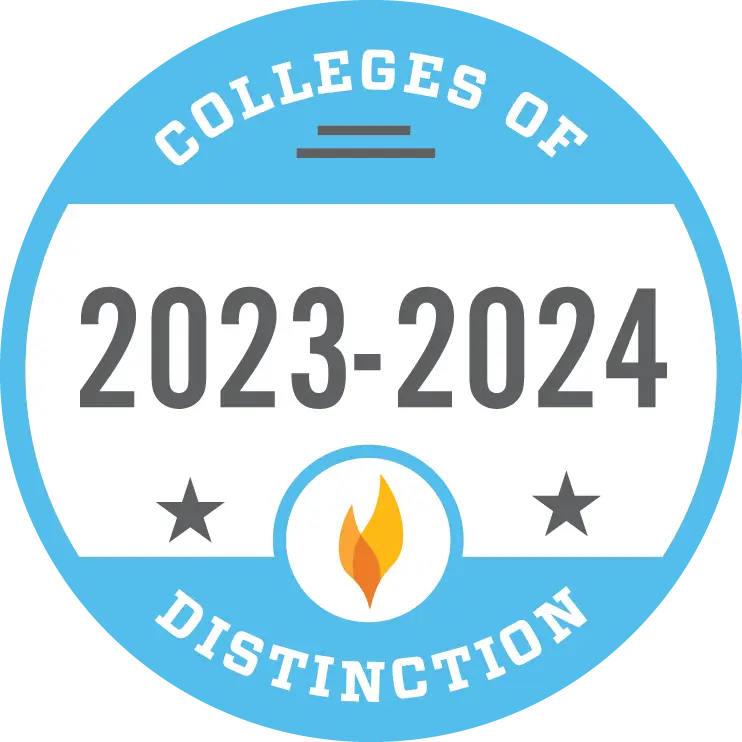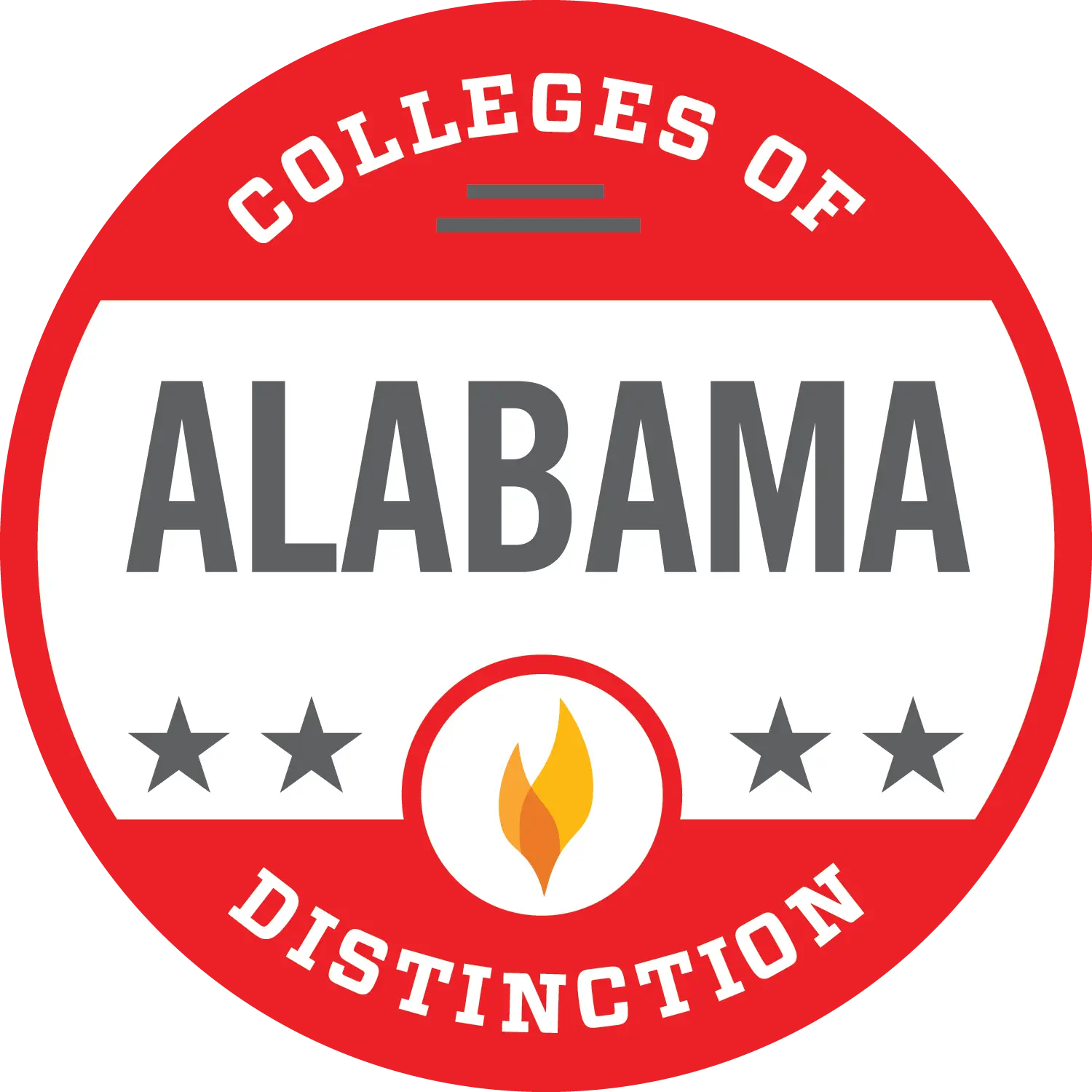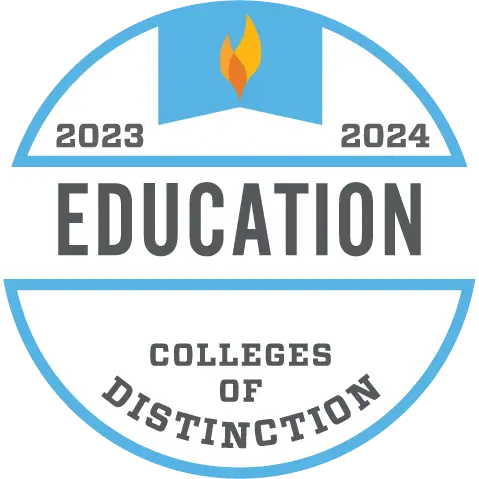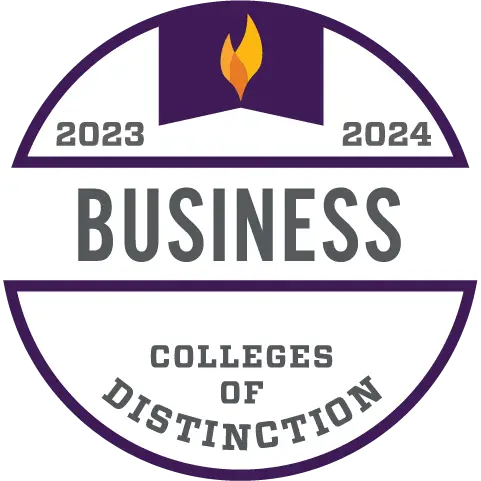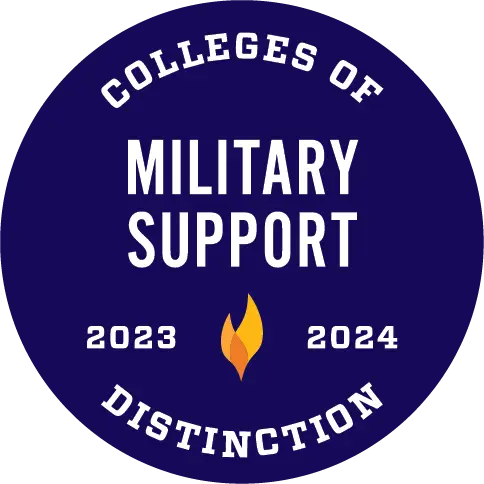Institute for Capacity Building has helped guide program development, unlocked critical funding
By David Miller
Over the last two academic years, Stillman College has broadened and diversified its network of student supports, launching a Career Services Center and an Office of Student Development.
Stillman’s holistic focus on student development is also seen in programs such as the Black Male Initiative, a campus-based leadership, career development, and service.
Each of these groups have added considerable value to the student experience at Stillman, from organizing career expos and health fairs on campus, to connecting Stillman students to job internships and empowering them to organize and execute community service missions.
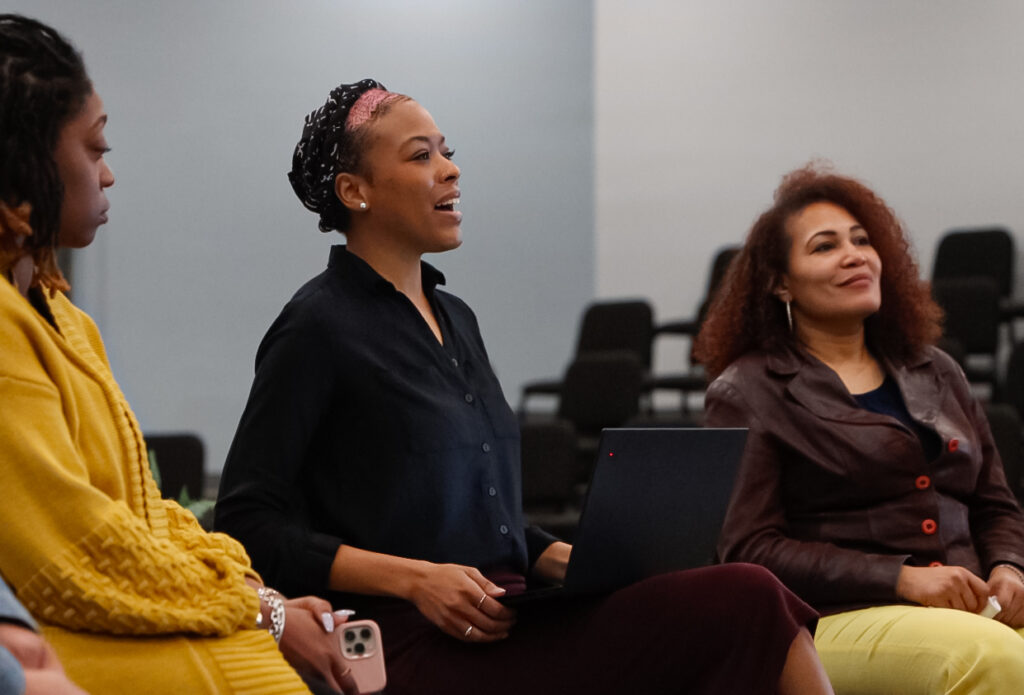
But, beyond the surface, faculty and staff are working diligently to ensure these programs are implemented with fidelity, and that desired outcomes are achieved. And for those shepherding these programs across campus, they’re supported by a notable partner: the United Negro College Fund.
Historically, UNCF has focused primarily on student access, providing scholarships directly to students. But, since 2015, its Institute for Capacity Building, through the Lilly Endowment-backed Career Pathways Initiative, has worked with Stillman and other institutions in developing and sustaining transformational programs.
Now, at the core of Stillman’s work with UNCF is a five-year, $100,000 grant from Ascendium Education Group, which funds the college’s Quality Enhancement Plan (QEP), a campuswide plan on how to prepare Stillman graduates for project-based communications and equity and inclusion in multi-generational workplaces. It includes two foci: student and faculty development. The grant supports professional development and micro-credentialing for faculty, broad updates to syllabi, student development in career readiness and financial education, and program evaluation services. UNCF provides guidance and tech support to these development plans.
“Our QEP is changing how we think about student and faculty development and gives us quality outcomes for guided pathways and student success,” said Chanel L. Fort, director of academic innovation at Stillman College and UNCF’s change agent on campus. “We would not be able to implement our QEP to the scale we have it without the Ascendium grant and the support of UNFC’s Institute for Capacity Building.”
Fort reports regularly to UNCF and its ICB, whose change model mirrors that of an institutional QEP, she said. The start of Stillman’s QEP cycle coincidentally aligned with the beginning of ICB’s engagement on campus (2020), and has yielded co-workshops, shared ideas and added resources for a “value add” to the college’s QEP process.
An InsideTrack
Now, as funding and resources to UNCF have increased significantly, so do the opportunities for Stillman College.
Stillman’s Office of Enrollment Management was recently granted support from UNCF partner InsideTrack to provide completion coaching to students at every point of the enrollment funnel, even students who’ve withdrawn from the college over the last several years. InsideTrack’s direct coaching begins June 15 and will engage students on their higher ed and career goals and barriers to completion, while also connecting them to campus and UNCF resources.
Fort said the InsideTrack service gifted to Stillman College is hopefully the beginning of a new pipeline for institutional funding at Stillman, so long as the institution continues to show successful outcomes, effectiveness and transparency.
“That’s where [Stillman President] Dr. (Cynthia) Warrick and I have been in our work with UNCF – they see Stillman first, both in need and in knowing we will hold true to what we say we’ll do,” Fort said.
Boots on the ground
While Fort’s reporting and end-of-semester data help UNCF “check boxes” and gauge effectiveness across campus, “there’s only so much one can say” in quarterly reports and sidebar emails, she said.

“When [UNCF] hear from the people doing the work, it’s more impactful,” she added.
UNCF ICB leadership, including its director and program manager for strategy execution, got that opportunity in late April, when the ICB team met with members of the president’s cabinet, faculty, staff, and students. The site visit provided a perfect platform for UNCF to understand and assess how systems are working across campus – beyond self-reported milestones – from collaboration between departments and program outcomes, to helping Stillman institutionalize processes.
“When we speak with faculty and staff, we want to know: what is it that you do?” said Natali Rivers, program manager, UNCF ICB strategy execution team. “What are the systems that you employ? Who are the people you talk to? Let’s get all of that on paper so we can get a program that’s standardized so that someone else can come in, pick up where you left off, and there are no gaps in student supports.”
Rivers said the conversations with faculty and staff during the Stillman site visit revealed key traits of resiliency and sustainability needed to “grow a program in the right way,” noting how Stillman faculty and staff have made “many pivots” to try new solutions.
Shift in methodology
Stillman’s rich history is a core component of its institutional brand campaign – “Deeply Rooted, Future Driven.” But to those unfamiliar with the college, its milestones in racial and gender equality, as well as the professional successes and societal impacts of its alumni, are mostly secret, even to leadership at UNCF.
The team’s site visit in April would be the first visit to campus for each member of its team. Here, UNCF’s team uncovered “incredibly important” historical traits and traditions that have shaped the college’s identity and drive its focus for the future.
“I learned how important community is to President Warrick and other leaders at Stillman,” said Darryl Ann Lai Fang, director of strategy execution, UNCF ICB. “Not only are they focusing on the students here right now, but they’re focusing on all the communities and stakeholders surrounding Stillman. They’re doing so much to help, and I love the fact that, even in them helping, there’s a pathway to grow [the college].
“President Warrick is ready for this institution to last beyond the ‘right now.’ And that’s how we all have to be thinking.”
UNCF’s visit represented a “shift in methodology” for how it engages colleges and universities, which, in the past, “wasn’t very fair,” resulting in many institutions that “went without support,” Lai Fang said. The Lilly CPI grant changed UNCF’s engagement strategy, and although the ICB has worked with a relatively small cohort of institutions, it has yielded a more effective change model that can be expanded, Lai Fang said.
“Now [UNCF has] received other funding because the Career Pathways Initiative was a catalyst for change for us,” Lai Fang said. “So now we’re dealing with transformative change at the institution to look beyond academics and learn what else at the institution needs to be changed. And, because of that, Stillman is part of the Blue Meridian Partners – they got $100,000 with Ascendium with the capability to get up to $1 million. Because [Stillman has] been a part of these transformative efforts with CPI, they’re now a part of [UNCF’s] integration.”

